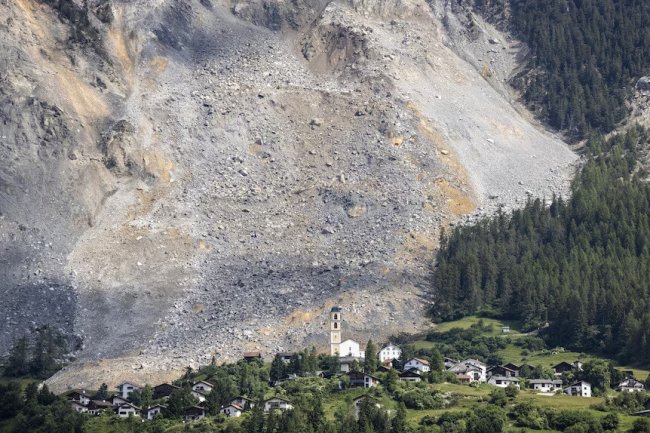India's Inclusion in US-led Artemis Accords: NASA Official's Perspective
India, a powerful country in the world with its own space program, should join the Artemis team led by the United States, according to a high-ranking NASA official.

India, a powerful country in the world with its own space program, should join the Artemis team led by the United States, according to a high-ranking NASA official. The Artemis Accords, based on the Outer Space Treaty of 1967, are a set of guidelines for international cooperation in space exploration. The accords aim to return humans to the moon by 2025 and expand exploration to Mars and beyond. Bhavya Lal, an associate administrator at NASA, expressed the importance of India's participation, highlighting its independent access to space, successful lunar and Mars missions, and thriving launch industry. Joining the Artemis team would demonstrate India's status as a global space power and its commitment to sustainable exploration, responsible use of space, cooperation, and transparency. Lal emphasized the benefits of like-minded countries with shared values working together to ensure the future sustainability of space. Collaboration between India and the US in the Artemis program, including moon missions and future space stations, was encouraged. Lal also expressed enthusiasm about upcoming missions such as NISAR, Chandrayaan 3, Aditya, and the lunar exploration mission with Japan. She stressed the need for collaboration in planetary defense, to detect and prevent potential asteroid impacts on Earth. Lal, who has played significant roles in NASA's administration and technological advancements, acknowledged the historical collaboration between India and the US, highlighting the equal partnership and capacity-building initiatives. She envisioned future opportunities for India to dock with the International Space Station, train astronauts, and develop rovers and landers for lunar missions. Lal encouraged collaboration between private companies in India and the US through initiatives like CLIPS (commercial lunar payload services) and emphasized the shared responsibility of planetary defense. She mentioned NASA's DART mission as an example of efforts to prevent potential asteroid threats. Lal shared her personal journey from studying nuclear engineering to her current role at NASA, reflecting on the cultural challenges she faced as an international student.
What's Your Reaction?
















